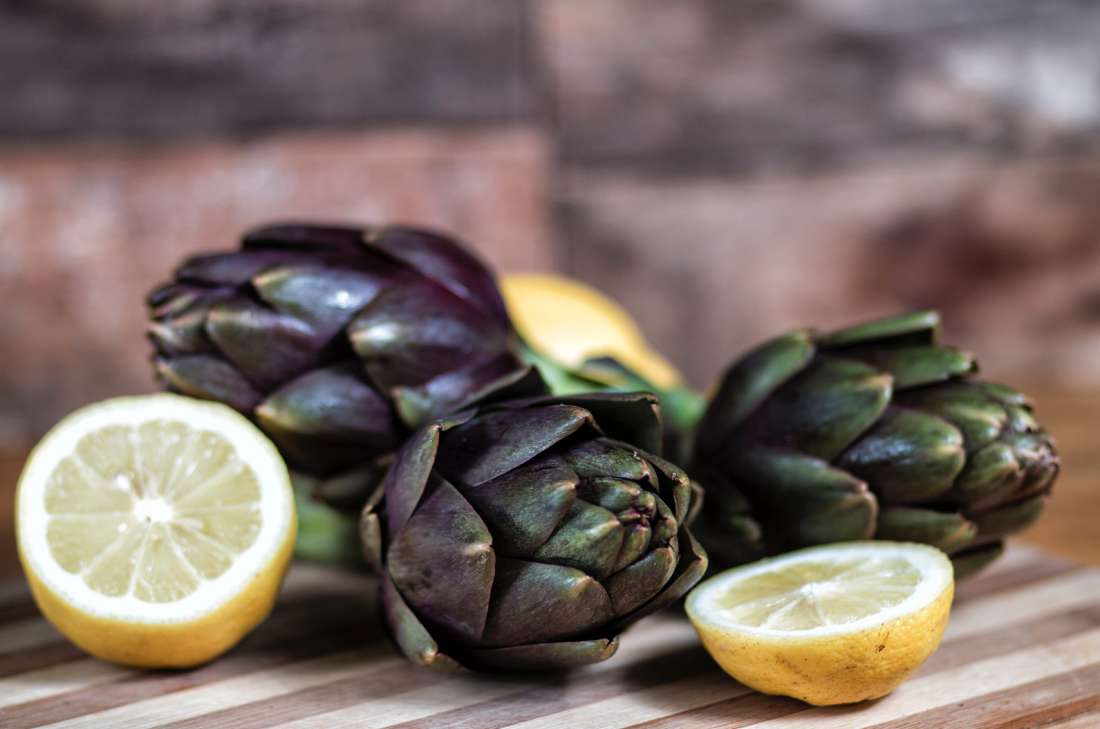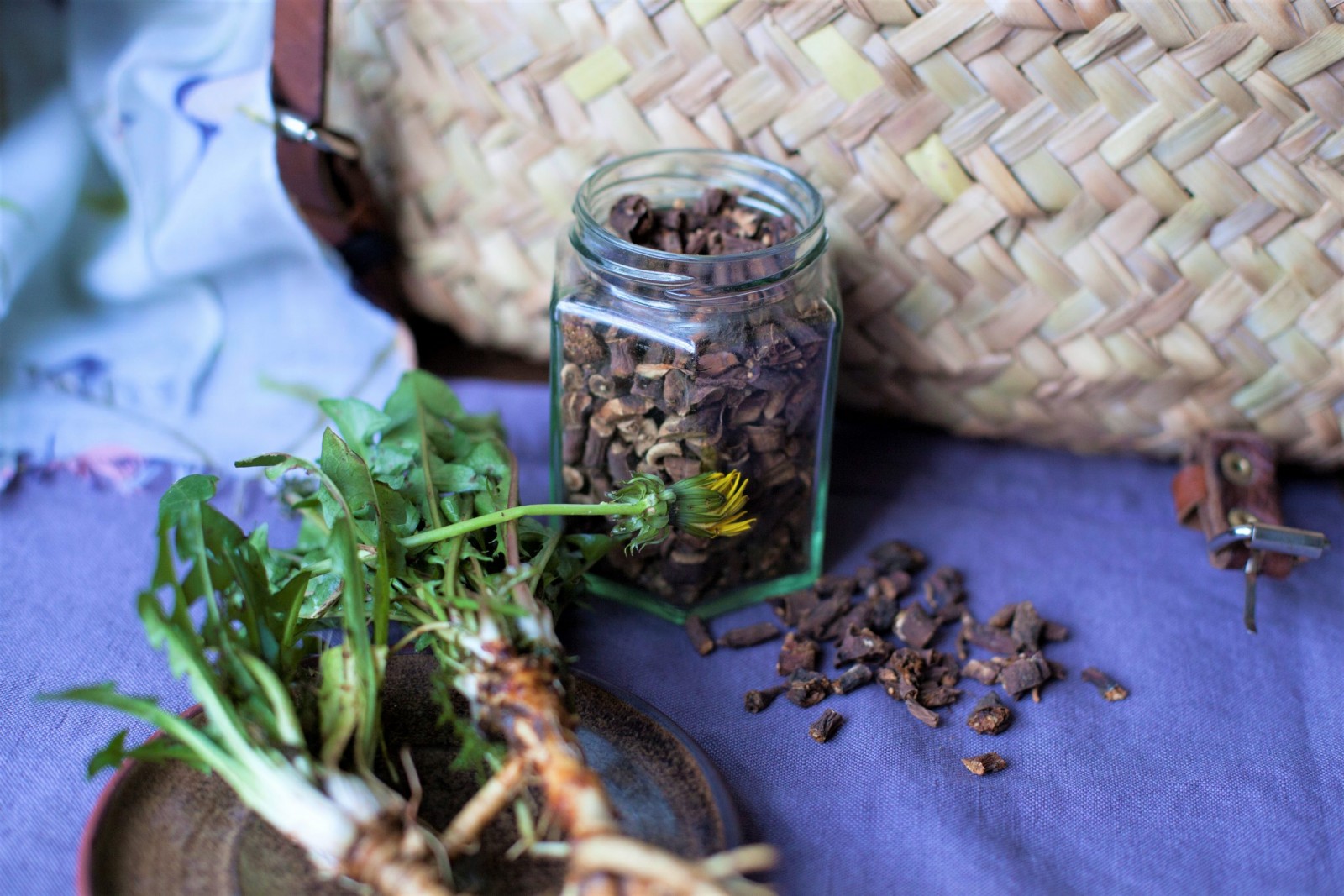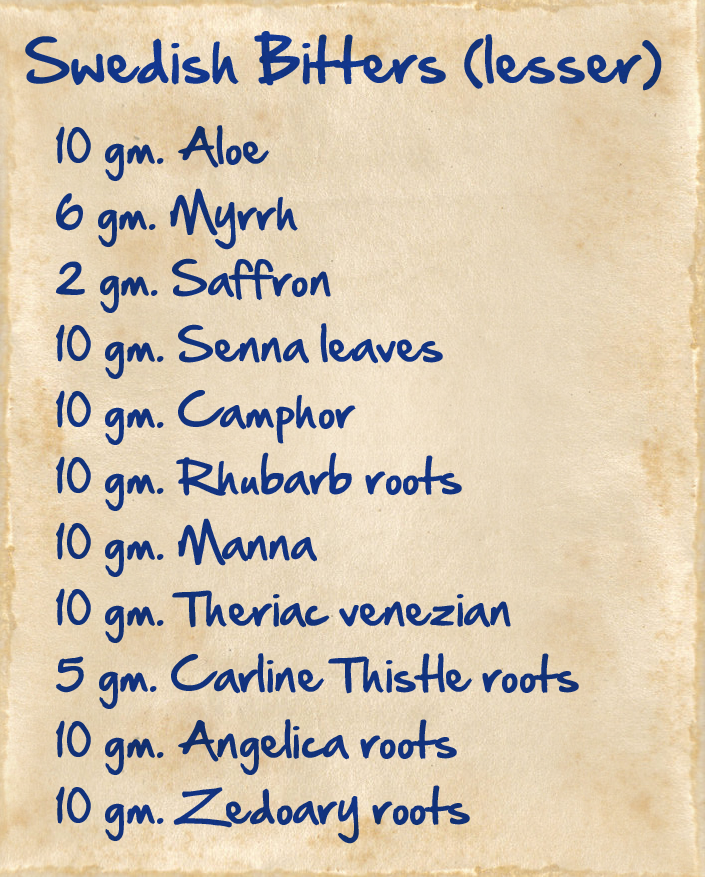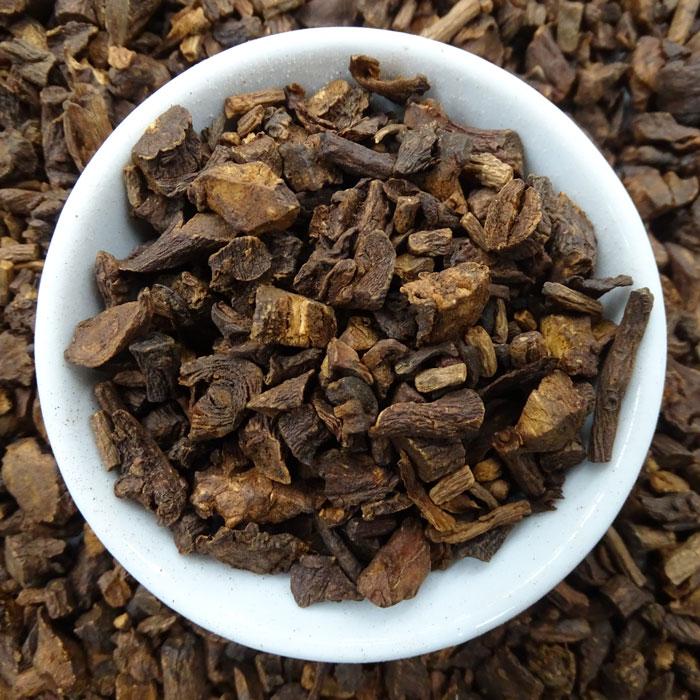How to increase bile production naturally?
In todays blog post I would like to dive into a topic of insufficient bile production. Let’s look at it’s symptoms and common causes.
Most importantly, for all of you who have bile deficiency, let’s learn about the proven nutritional solutions and natural strategies, that help to increase bile production for better fat digestion and health.
How do you know if you have bile deficiency?
Often you can suspect that you have bile deficiency when you have difficulty with fat digestion, as well as when you experience few of the below described symptoms at the same time:
- Abdominal tightness
- Heartburn
- Bloating
- Constipation
- Pain under the rib cage, on the right side
- Nausea after eating fatty foods
- Floating stools in your toilet’s water, that are difficult to flash down
- Pale, yellowish coloured stools
- Unexpected weight gain
- Tiredness
- Deficiency of fat soluble vitamins that cause lots of symptoms within the body
- Jaundice – yellowing of the eyes and skin
- Gallstones
Many of my patients would have combination of these symptoms. Deficiency of bile production is a common issue when you suffer from digestive imbalances.
What are the causes of bile deficiency?
Some common causes are:
- Following low fat diet for a prolong time
- Having pre-existing condition such as fatty liver
- Having had gallbladder removed
- Having dysbiosis
- Damaged gastrointestinal lining, scar tissues, IBD, Crohn’s Disease
- Suffering from eating disorder
What is Bile?
Bile is a dark-green-to-yellowish-brown fluid produced by the liver that aids the digestion of lipids in the small intestine. It is produced continuously by the liver and stored and concentrated in the gallbladder. After eating, this stored bile is discharged into the duodenum.
The composition of hepatic bile is 98% water, 0.7% bile salts, 0.2% bilirubin, 0.51% fats (cholesterol, fatty acids, and lecithin), and 200 meq/l inorganic salts. The two main pigments of bile are bilirubin, which is orange–yellow, and its oxidised form biliverdin, which is green. When mixed, they are responsible for the brown color of feces. About 400 to 800 millilitres of bile is produced per day in adults.
What is bile’s role?
- Bile emulsifies fat, increasing fat absorption. Bile is an essential “de-greaser” and “emulsifier” of dietary fats. Bile is also essential for the utilization of the fat-soluble vitamins A, D, E and K. When acidified food enters into the small intestine from the stomach, bile salts alkalinize the food, preparing nutrients for assimilation in the small intestine.
- Another role of bile is to assist in detoxification. Bile contains the conjugated toxins from the 2 phases of liver detoxification. These toxins may include carcinogens, xenobiotic chemicals, pharmaceuticals and heavy metals like mercury, aluminium and lead.
- Bile keeps the microbial balance in check
- It helps to eliminate the excess cholesterol from your body that you don’t need.
- It lubricates the colon allowing the food go through the digestive tract a lot easier.
Health consequences of bile deficiency:
Bile insufficiency has significant implications on your overall health.
When you experience bile insufficiency you cannot break down dietary fats properly. Fats build your hormones and carry fat-soluble vitamins. It is easy to understand that you will run into deficiency of fat-soluble vitamins such as vitamins A, D, K and E as well as start experiencing endocrine imbalances, and detoxification issues.
Endocrine imbalances can manifest in menstrual irregularities, weight problems, dry skin, fatigue, increased sensitivity to cold, or heat, estrogen dominance, POCS, just to name a few.
Insufficiency of bile will cause digestive symptoms such as these mentioned above.
How do you diagnose Bile deficiency?
To diagnose bile insufficiency I would encourage you do blood work, for which you need to see your GP, or your nutritionist/naturopath.
- You will be looking at your cholesterol levels. If they are lower then 170, it is possible there is bile insufficiency.
- It is also important to look at increases or decreases in the liver enzymes ALT (>30, <10) or AST (>30, <10), GGTP (>30) can indicate dysfunction and/or congestion in the liver and low bile production.
- In addition, digestive stool analysis can help identifying undigested fat in stool, which is caused by low bile production.
The good news is that there is a lot you can do to improve your bile flow and help yourself digest fats well.
How to increase bile production naturally?
The common approach is to support the liver through diet, hydration and certain herbal and nutritional interventions.
- Proper hydration is essential for liver detoxification and bile production. Approximately 85% of bile is made from water.
- Bitter foods are great at stimulating bile production. You can choose from all dark green leafy vegetables, as well as beetroot, artichokes and pickles.
- Drinks such as roasted dandelion root tea, lemon tea, celery juice and coffee all stimulate bile production.
- Supplements such as Swedish bitters, which are a collection of bitter herbs in one incredible formula. These are best taken 10-15 minutes before each meal.
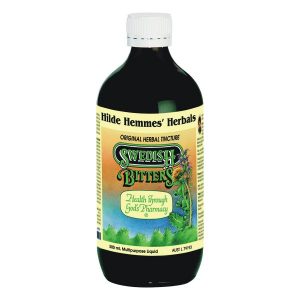
- Bile salts like Choline, Glycine and Taurine in a supplement form will help to build the bile.
- Regular meal times and meals that contain fats will also insure your bile production is stimulated.
- Herbs: Triphala, shilajit, guduchi, hibiscus
- Spices: fenugreek seeds, cinnamon stick, turmeric, ginger
- There are two dietary recommendations depending on your specific bile problem;
- To thin your bile, it is recommended to eat cooked beets, artichokes, Jerusalem artichoke, carrots and apples.
- To flush the liver and gallbladder of congested bile: it is recommended to eat cooked leafy greens, rocket salad, fresh lime/lemon juice, aloe vera juice, grapefruit
In the intermittent treatment, you may need to supplement with Ox Bile to help to limit some of the uncomfortable symptoms right away.
Get started, introduce a better diet, herbs, nutritional supplements and biters to promote natural bile production.
These were your bile essentials. If you would like a personalised guidance, do not hesitate to book one on one consultation with me.
To learn more about digestive wellness and natural health, subscribe to my YouTube Channel and sigh up for my newsletter, where I will share with you more in depth information, recipes and special offers.


